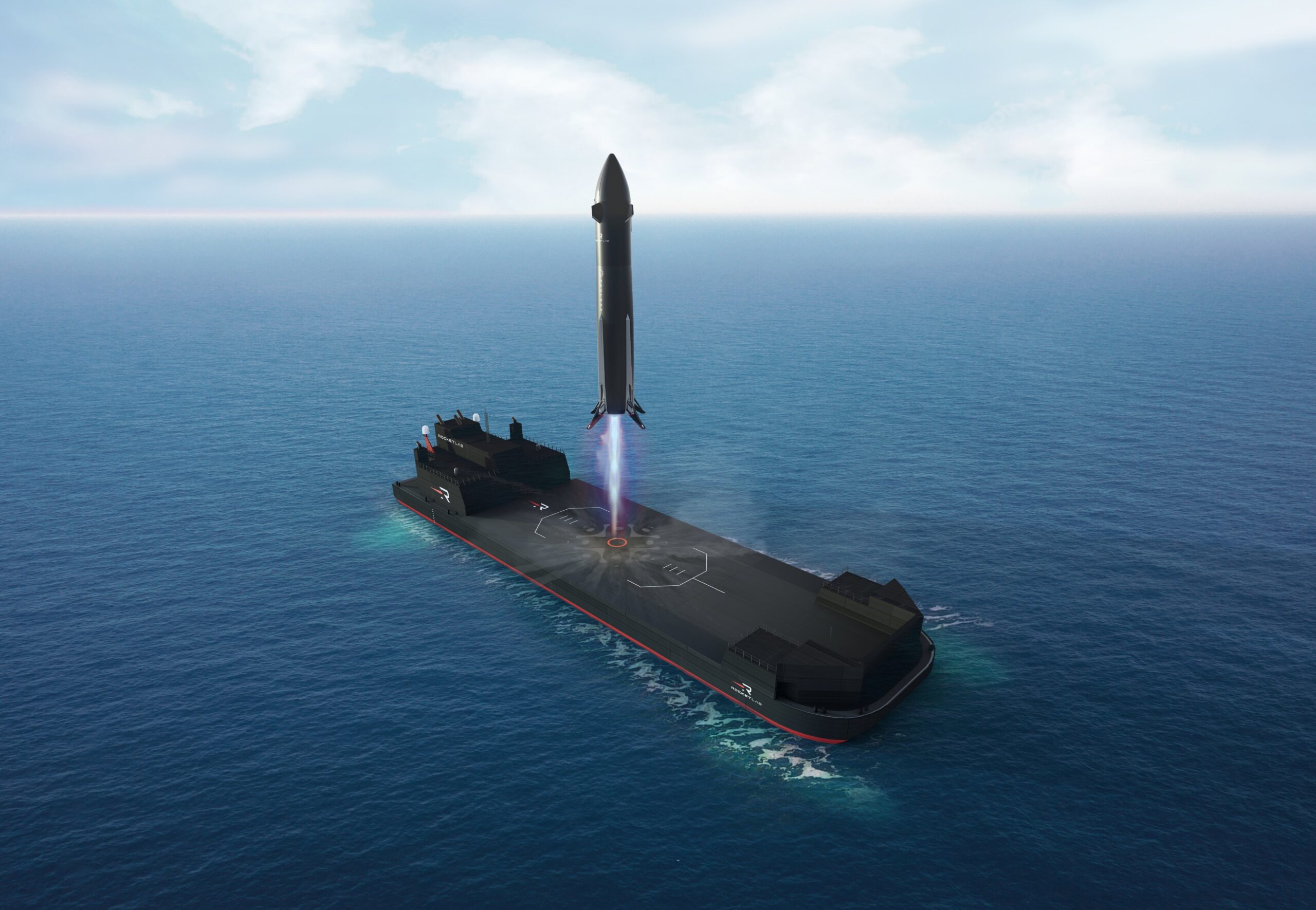Rocket Lab has rapidly emerged as a leading player in the evolving commercial aerospace industry, with a clear mission to make access to space more affordable, frequent, and versatile. Specializing in launching small satellites and spacecraft platforms, the company’s innovative technology and growth strategy have captured investor attention in 2025 as they prepare for a major leap forward with the development of their new Neutron rocket.
Expanding Market Presence and Product Portfolio
Rocket Lab’s flagship Electron rocket is already one of the most frequently launched commercial rockets in the U.S., serving customers across commercial, scientific, and defense sectors. This proven system has helped the company build a strong reputation for reliability and flexibility. Now, Rocket Lab is advancing its capabilities with the upcoming Neutron rocket, a medium-lift launch vehicle designed for heavier payloads and deep-space missions, targeting initial flights in 2025–2026.
Alongside launch services, Rocket Lab designs and manufactures the Photon spacecraft, which delivers satellites ready for orbit, providing end-to-end mission solutions. Its operations span launch facilities in both New Zealand and the U.S., positioning the company well to capitalize on growing demand from national security, government, and commercial clients.
Financial Momentum and Growth Outlook
In the past year, Rocket Lab has demonstrated robust revenue growth, with a reported increase of approximately 65% over the last four quarters. The company has secured a healthy backlog near $1 billion, including a balanced mix of government contracts and commercial agreements. Though still operating at a loss due to ongoing investments in technology development and expansion, Rocket Lab’s path toward profitability looks promising with expansions in launch cadence and the Neutron project moving into production stages.
Analysts forecast annual revenue growth continuing at a strong clip, potentially more than doubling within the next few years. Their long-term vision suggests that Rocket Lab could reach annual revenues in the billions within this decade, driven largely by increased launches, spacecraft sales, and mission support services.
Innovation and Strategic Partnerships
Rocket Lab’s acquisition of Geost—specializing in electro-optical and infrared sensors—strengthens its foothold in the national security space domain, enabling new high-value contracts related to missile warning and tracking. The company’s strategy to be a one-stop-shop for satellite deployment and space mission execution differentiates it in an increasingly competitive market.
The Neutron rocket symbolizes Rocket Lab’s ambition to access larger payload markets and more complex mission profiles, which, combined with expanding commercial and government partnerships, forms the backbone of their robust growth thesis.
Navigating Risks and Volatility
As with any high-growth aerospace company, Rocket Lab faces challenges, including technical risks around new rocket development, cash burn during expansion, and the uncertainty of contract wins. Market sentiment can fluctuate, reflecting the balance between optimism for the space economy’s potential and the realities of a capital-intensive sector.
However, the company’s demonstrated progress, strong backlog, and diversified revenue streams provide a solid foundation for investors willing to accept some volatility in pursuit of outsized long-term gains.
Conclusion: A Rocket Ready to Launch Into the Future
Rocket Lab is not just participating in the new space race; it is positioning itself to lead with innovative technology, expanding launch capabilities, and strategic diversification. For investors seeking exposure to the rapidly growing space economy, Rocket Lab offers an attractive blend of proven operational success and ambitious future potential. With the Neutron rocket’s debut on the horizon and an increasing number of contracts fueling growth, Rocket Lab stands as a compelling growth story to watch closely in 2025 and beyond.

